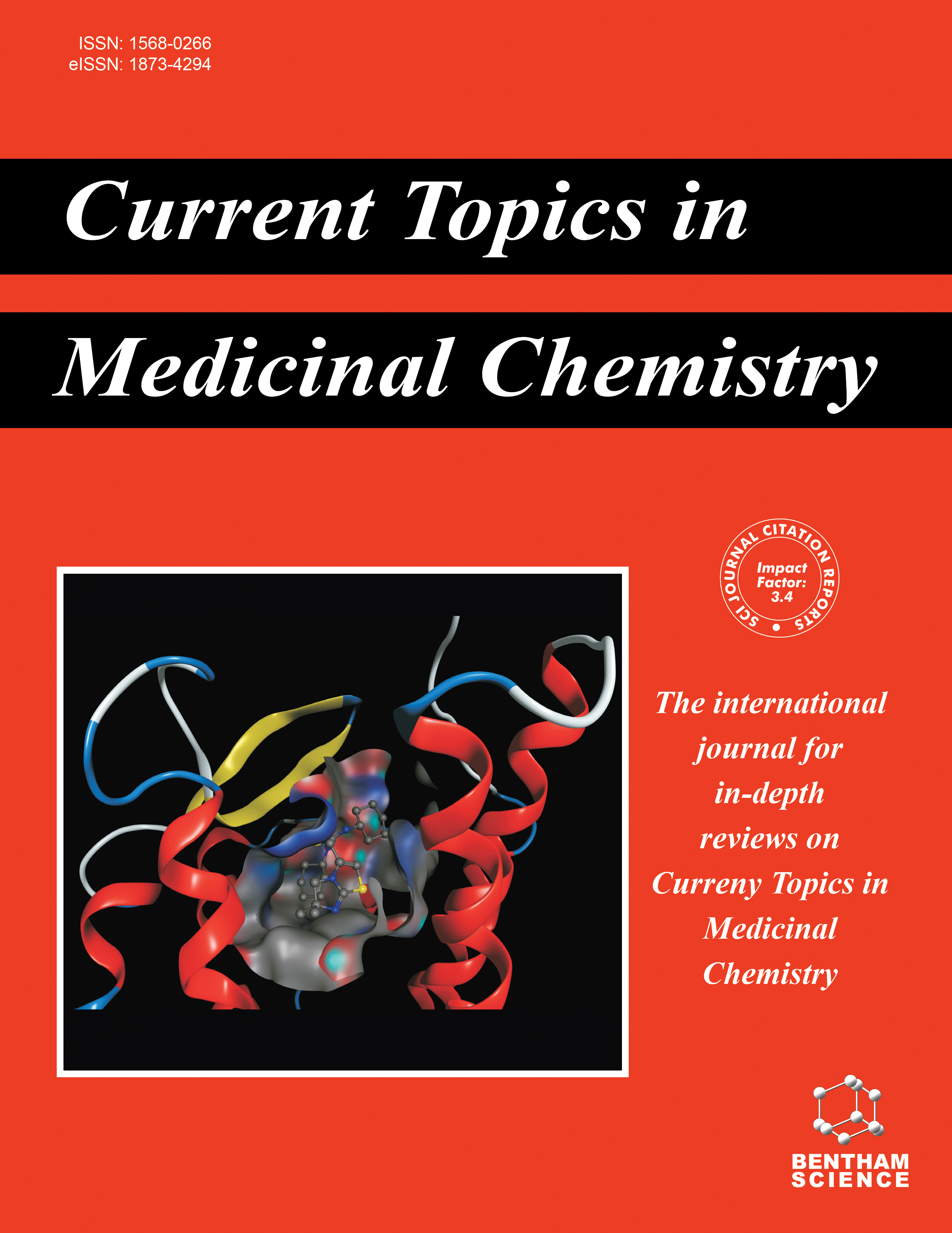
Full text loading...

Treatment of neurodegenerative diseases aims to slow disease progression, alleviate symptoms, and improve life quality. Adipose-Derived Stem Cells (ADSCs) have emerged as a promising treatment for neurodegenerative diseases that can be easily obtained from adipose tissues. Their abundance, accessibility, and potential for multilinear differentiation make them an attractive candidate for regenerative medicine. ADSCs can release neurotrophic factors, modulate neuroinflammation, and potentially differentiate into neurons, giving hope for neuronal repair and replacement. Preclinical studies have shown the efficacy of several neurodegenerative diseases, such as Alzheimer's disease, Parkinson's disease, multiple sclerosis, and spinal cord injuries. ADSC has demonstrated the potential to improve functional results, promote neurogenesis, induce tissue integrity, and reduce neuron loss. Clinical trials are still underway, but evidence of the effectiveness of ADSC in neurodegeneration is still being developed. The first clinical studies focused on safety and feasibility and achieved promising results. Optimizing cell transmission, controlling tumor growth, standardizing treatment protocols and such challenges remain. Current research is aimed at addressing these obstacles and transforming ADSC therapy into a widespread clinical practice. This review focuses on the characteristics, problems, and future approaches of ADSC in the context of neurodegenerative diseases and therapeutic processes.

Article metrics loading...

Full text loading...
References


Data & Media loading...